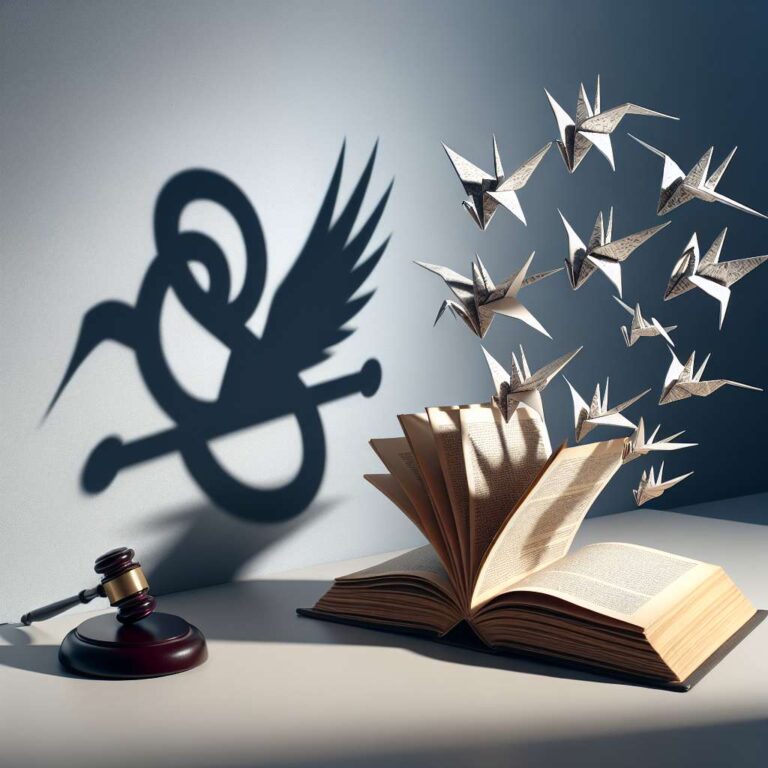The landscape of copyright litigation involving generative artificial intelligence has shifted in recent months, but not in a single, definitive direction. Earlier rulings had already drawn attention: a March decision against Ross Intelligence concluded that using Thomson Reuters´ Westlaw without permission was not fair use, in a case involving non-generative systems that analyzed and replicated proprietary legal content. That distinction matters because generative artificial intelligence does something different; it ingests copyrighted works and then synthesizes new output in response to prompts, raising the central fair use question of whether the output is transformative.
In late June a federal judge addressed that question in suits against Anthropic. Plaintiffs alleged Anthropic trained its language models on digitized books without authorization. The judge nonetheless wrote that the training use was fair, calling the resulting use ´exceedingly transformative´. The opinion noted Anthropic had purchased some print copies and digitized them, which the court treated differently from mass redistribution because the company was not ´adding new copies, creating new works, or redistributing existing copies´. That characterization gave the ruling a dramatic headline, but the court also allowed the case to continue because many alleged training files were obtained from pirate sites and were never paid for; the judge declined to treat pirated copies as equivalent to purchased training material.
Another recent decision involving Meta produced a mixed message. A court found that feeding copyright-protected works into large language models can be a violation in the abstract, yet ruled for Meta on the facts before it because the authors failed to show harm to the market for their books. The judge in that case emphasized the limited scope of the ruling, leaving open the possibility that stronger evidence could produce a different outcome for other plaintiffs.
Taken together these rulings suggest courts are carving out a middle ground rather than issuing a sweeping author- or company-friendly mandate. Uses that change a work´s purpose or create new kinds of output may tilt toward fair use, while wholesale copying from unpaid, pirate sources remains legally risky. Many appeals are likely, and the next few years could produce clearer precedents as higher courts weigh in, potentially up to the supreme court.

